Scientists propose an enhancement to the BabyIAXO axion detector, paving the way for an intensified search for elusive dark matter particles.
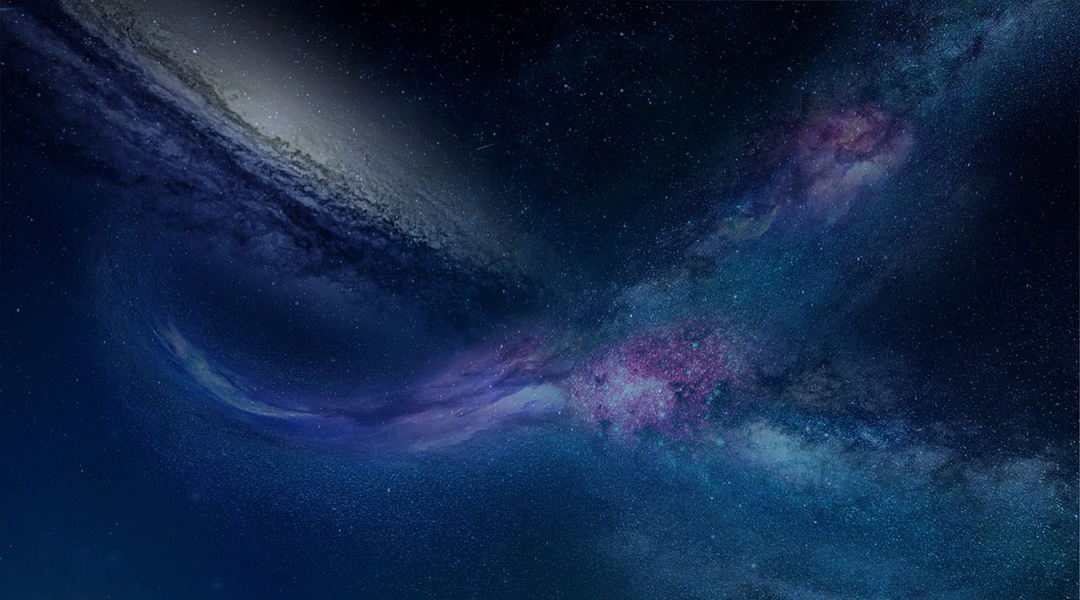

Scientists propose an enhancement to the BabyIAXO axion detector, paving the way for an intensified search for elusive dark matter particles.
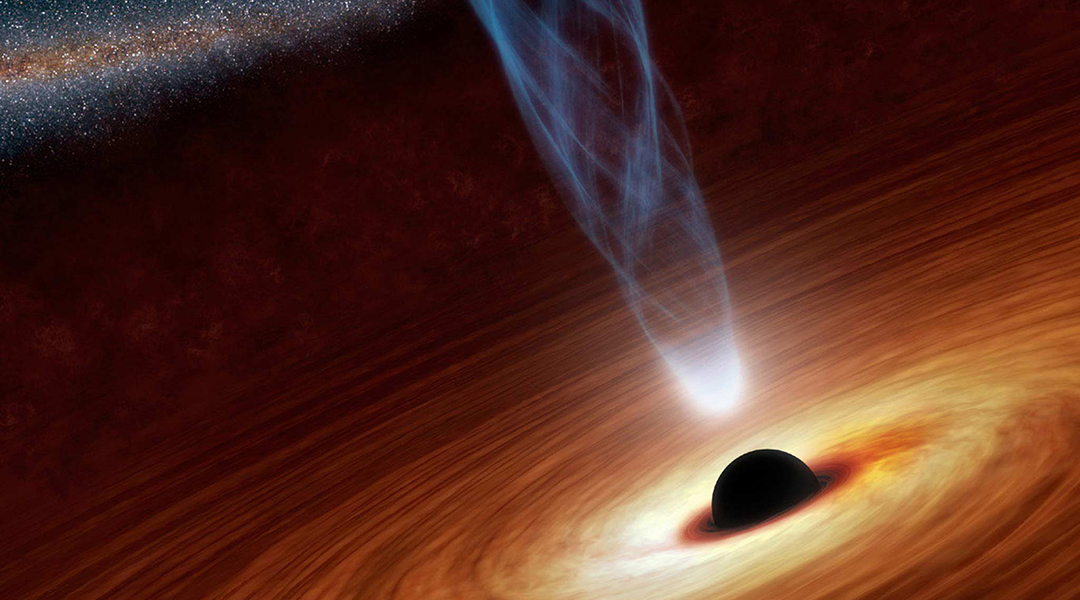
The burst of energy seems to represent the event horizon of the supermassive black hole in M87 extending outwards, suggesting how black holes could “leak” energy.
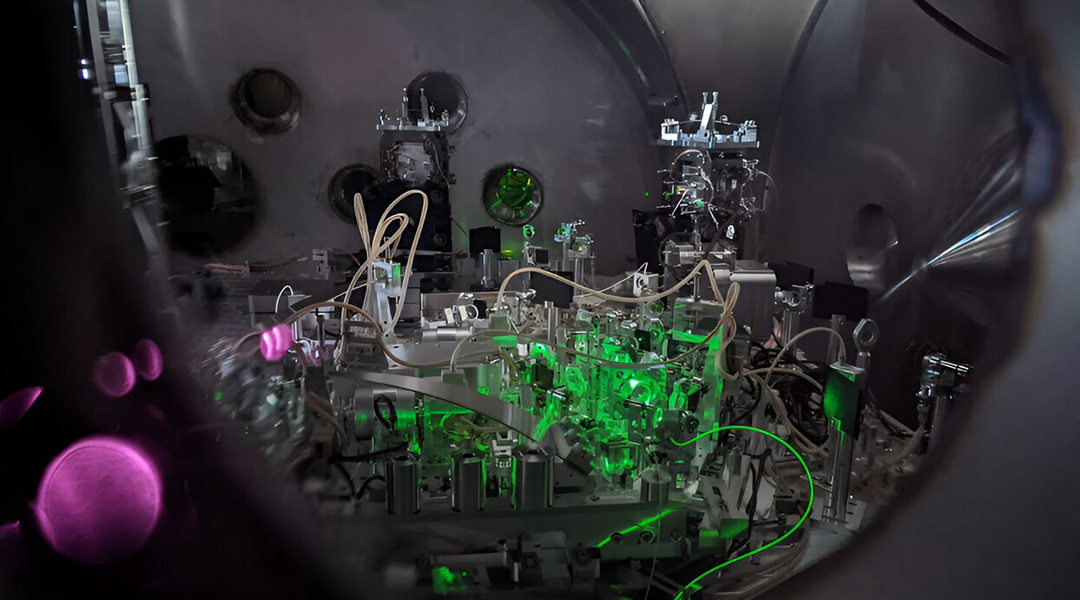
Physicists working on LIGO have surpassed the quantum limit to enhance gravitational wave detectors and revolutionize astrophysical observations.
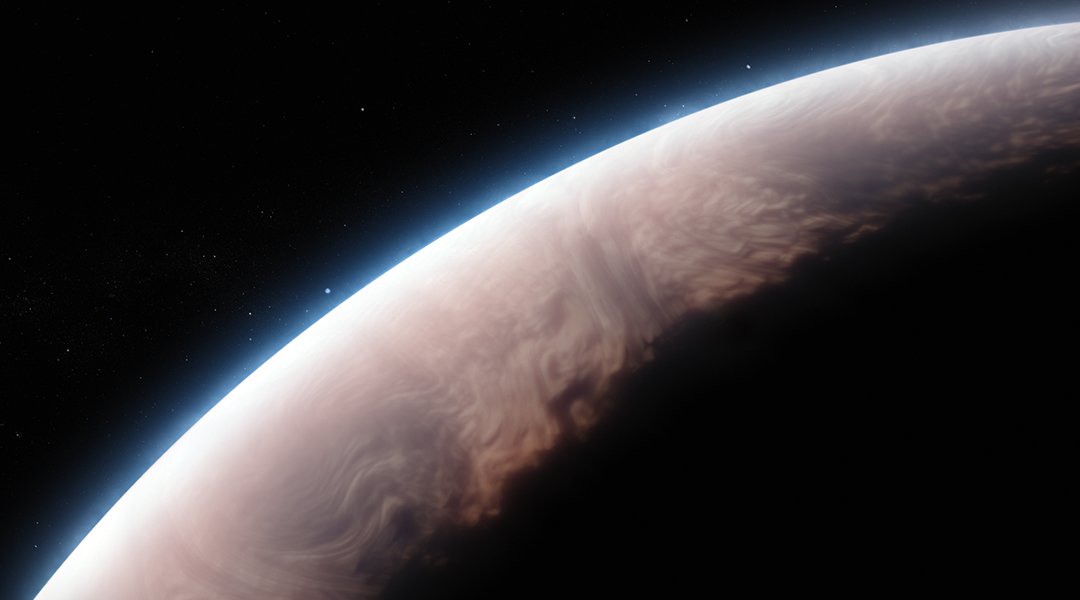
New discovery once again shows how strange planets outside the Solar System can get, and astronomers are thrilled.
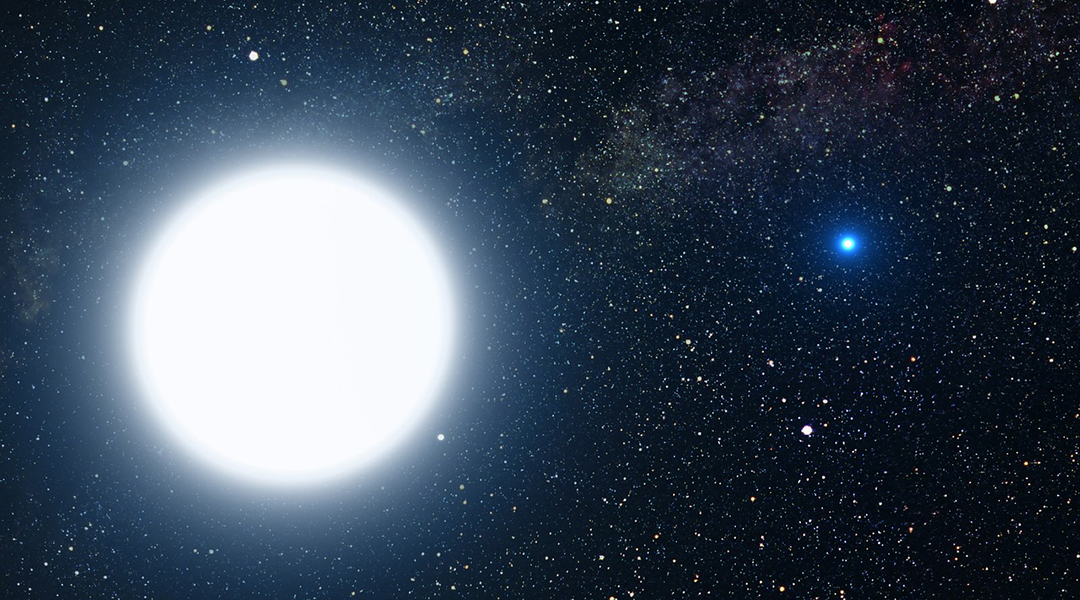
Due to their incredible density, astronomers believe white dwarfs might make the perfect dark matter detectors.

It’s looking less and less likely that the Hubble tension is a result of observational errors.
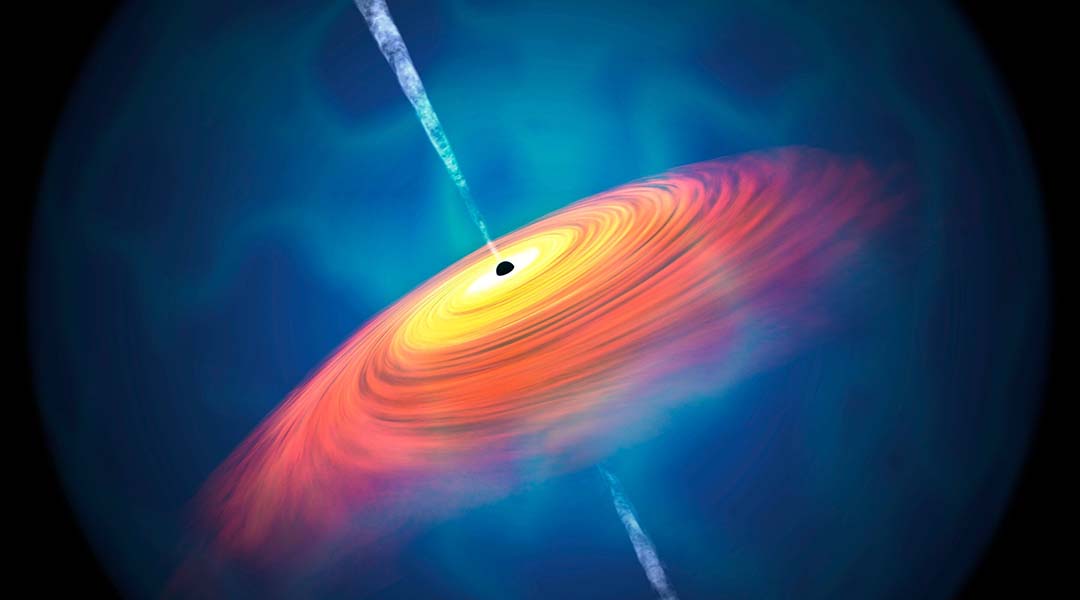
Scientists have only observed supermassive black holes one billion years after the Big Bang, but astrophysicists have now breached this barrier.
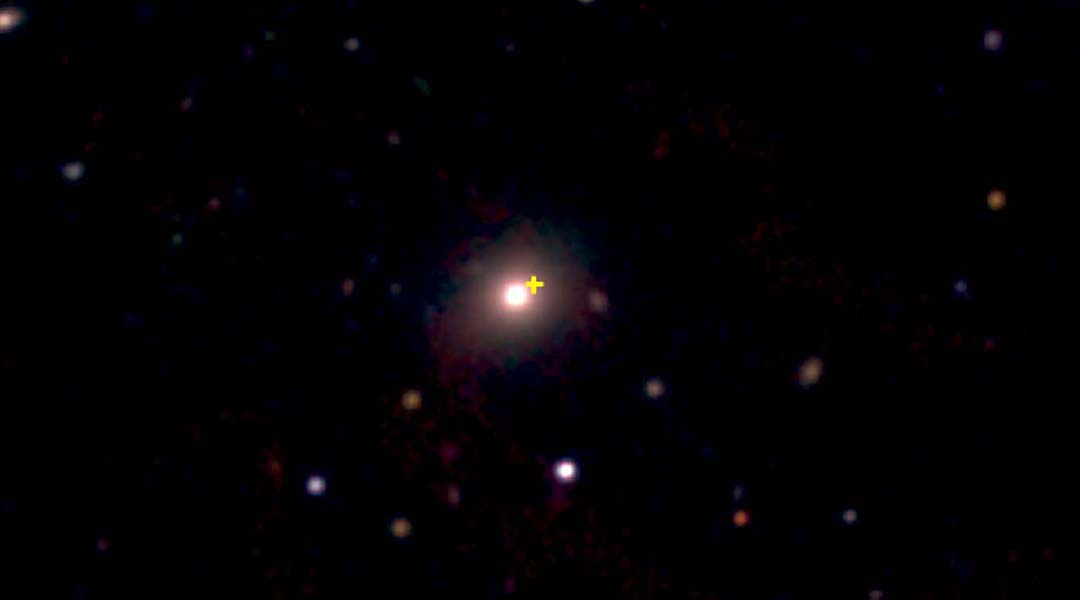
The rare but extreme blast that outshone most supernovas originated two billion light years away and has been classed as a “Luminous Fast Cooler”.
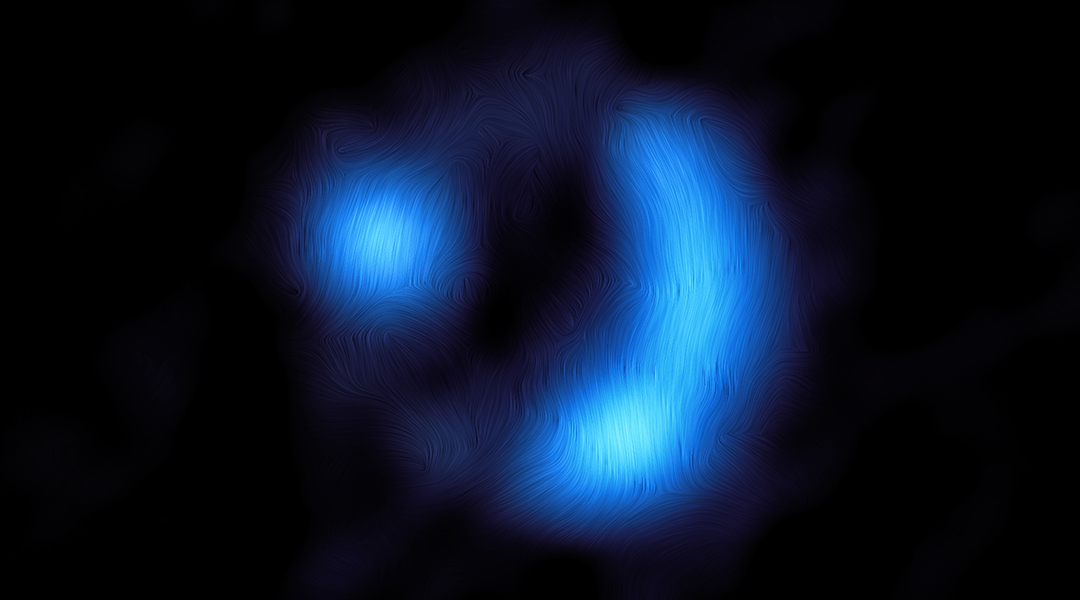
The galaxy 9io9 is seen as it was when the cosmos was just 2.5 billion years old, making this the earliest galactic magnetic field ever observed.
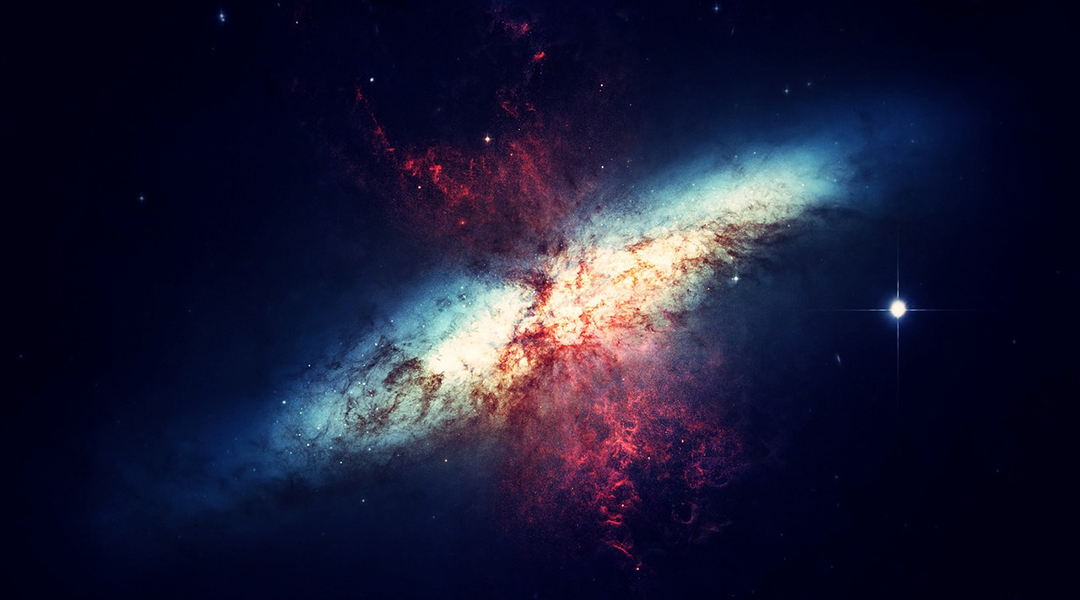
Previously unobserved frequency changes in radio signals detected in a black hole binary system could change our understanding of black hole physics.